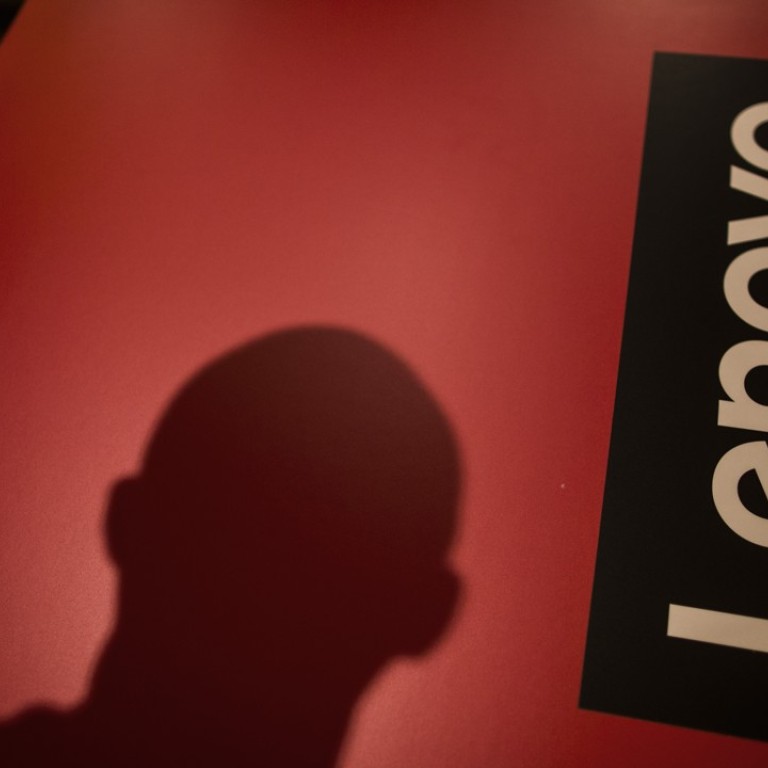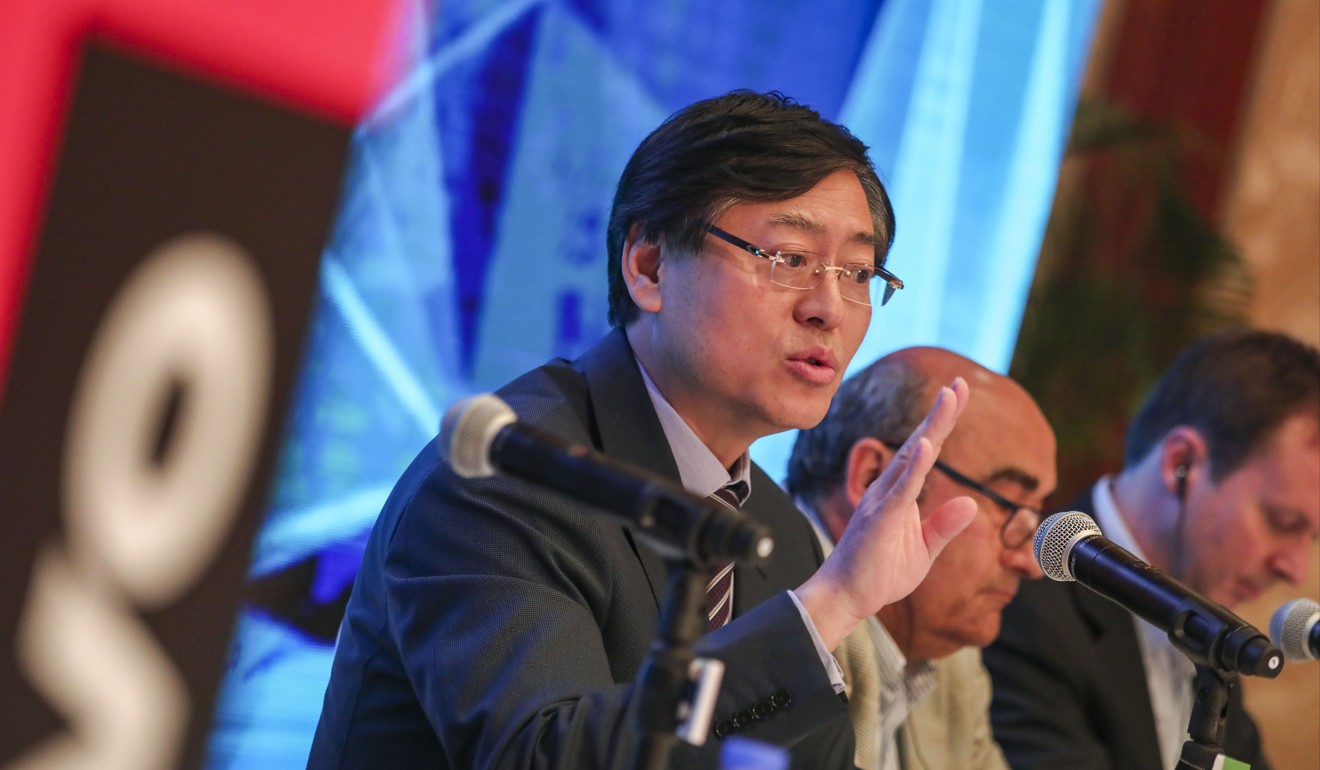
Lenovo chief warns it may have to raise prices if US-China trade war drags on
Lenovo counts North America as its biggest market. The PC giant swung into a profit in the latest quarter, beating market estimates
The trade war between China and the US is casting a long shadow over companies dependent on global commerce, with personal computer giant Lenovo Group the latest to warn of higher consumer prices if the conflict drags on.
Lenovo Group chairman and chief executive Yang Yuanqing said the Beijing-based company could be forced to raise prices if punitive tariffs were applied to computers and mobile phones that have so far remained untouched in the escalating trade conflict.
“It will have a big impact on the interests of consumers,” Yang said Thursday during the company’s conference call on its first-quarter results, where it swung to a profit and beat analyst estimates.
Hong Kong-listed Lenovo reported a net profit of US$77 million for the three months ended in June, compared with a loss in the same period a year ago. The company’s shares rose as much as 6.1 per cent in early Hong Kong trading.
North America is the biggest market by revenue for the company, which bought IBM’s PC division in 2005, while China accounted for a quarter of its sales.

The company has so far escaped the scrutiny and suspicion that hangs over other Chinese telecommunications equipment manufacturers, which have been subject to curbs in market access in the US.
Lenovo shipped a total of 13.6 million PC products in the second quarter this year, neck and neck with HP with a leading 21.9 percent market share, followed by Dell, Apple and Acer, according research agency Gartner.
The Chinese company, which acquired Motorola Mobility in 2014, said its handset sales surged 91.8 percent in the first quarter of 2018 in North America, compared with a 12.7 percent decline of the overall market.
Beijing and Washington started a tit-for-tat trade war in July, each imposing 25 per cent tariffs on the other side’s goods.
The retaliatory levies have affected businesses in both countries, with Chinese meat importers looking elsewhere for supplies as US beef became more expensive while US soybean farmers stand to lose export earnings as China is their biggest overseas buyer.
China’s Commerce Ministry said on Thursday that commerce vice-minister Wang Shouwen would lead a delegation to meet US Treasury undersecretary David Malpass to discuss “economic and trade issues between China and the US”.
Yang said that Lenovo does not want to see a trade war and hopes that a resolution can be reached between the Chinese and US governments “as soon as possible”. Settling the trade war is helpful to both the company and the global economy, he said.A stronger US dollar is also hurting Lenovo’s profitability as about 30 to 40 per cent of its sales, and 60 to 70 per cent of its costs are denominated in the currency, according to the company.
Lenovo will continue to promote smartphone under the Motorola brand in developed countries, as well as in Latin America where the brand is well received, Yang said. Lenovo’s own phone brand, which targets the mid-to-lower end market, will be heavily promoted in China and India, he said.

